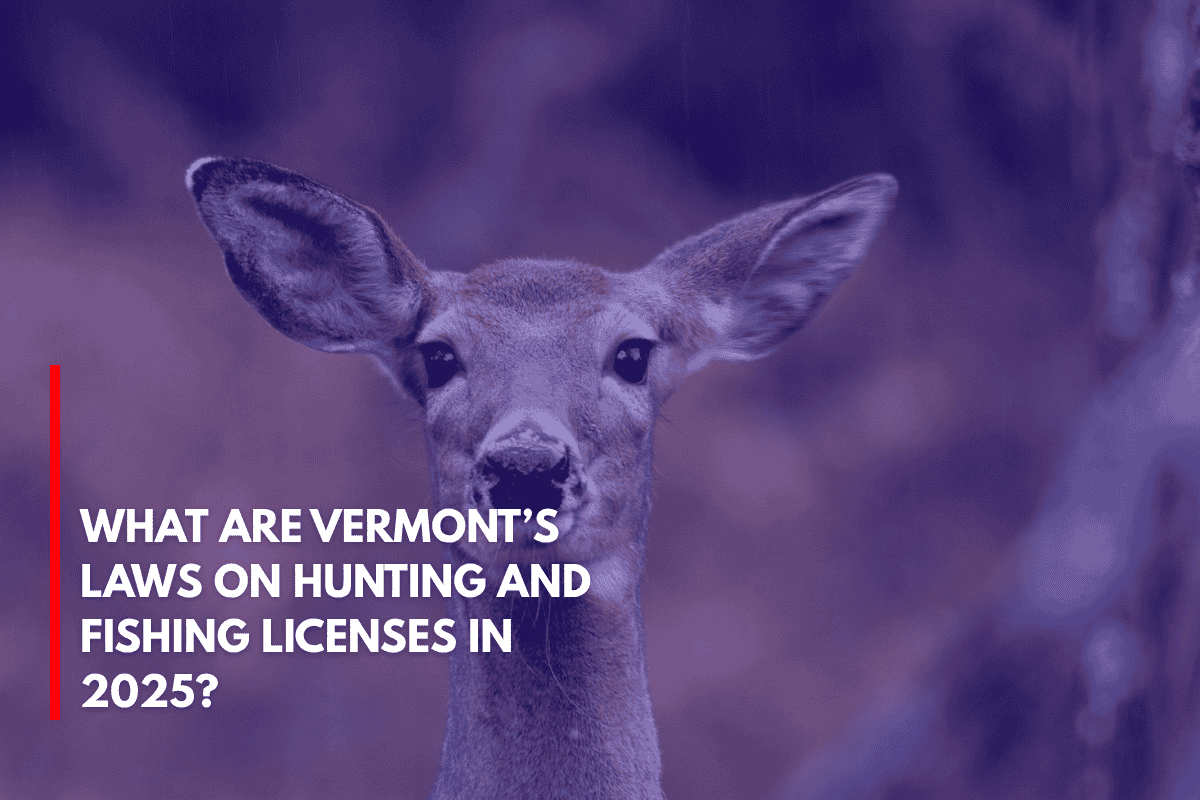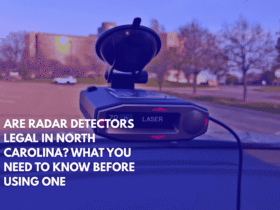Vermont’s approach to hunting and fishing regulation in 2025 continues to balance wildlife conservation with outdoor recreation opportunities.
The state’s laws require proper licensing and adherence to established guidelines for both residents and non-residents, ensuring that all participants contribute to the stewardship of Vermont’s natural resources.
Hunting License Requirements
All individuals who wish to hunt in Vermont must obtain the appropriate hunting license for the species they intend to pursue.
First-time hunters are required to complete a hunter education course unless they can provide proof of completing a similar course in another state. For hunters under the age of 18, both an online course and an in-person class are necessary to meet the hunter education requirement.
Hunting licenses are available in several categories. Residents have the option to purchase a one-year hunting license or a five-year license, with youth licenses available for those aged 17 or under.
Nonresidents can also purchase one-year or five-year licenses, though the fees are higher than those for residents. Combination hunting and fishing licenses are available for both residents and nonresidents, offering convenience for those who enjoy both activities.
Certain types of hunting require additional permits or stamps. For example, hunters pursuing waterfowl must obtain both Vermont and federal waterfowl stamps if they are 16 years of age or older.
Special licenses are also required for archery and muzzleloader deer seasons. Lifetime licenses are available for those who wish to make a long-term investment in their hunting privileges.
Recent Hunting Regulation Updates for 2025
The Vermont Fish and Wildlife Board has proposed several updates to hunting regulations for the 2025 season. Among these changes, hunters may now use rifles and shotguns to harvest antlerless deer (does) during the regular fall season, a practice that was previously restricted.
The archery deer hunting season is being expanded to provide more opportunities for bowhunters.
Additionally, the moose hunting season may be extended from six to nine days, and in some cases, hunters may be permitted to use firearms during the archery season. For turkey hunters, the fall archery season may begin earlier, starting at the beginning of October.
Fishing License Requirements
Anglers aged 15 and older must possess a valid fishing license while fishing in Vermont. Children under the age of 15 are exempt from this requirement. Vermont also offers free or discounted fishing licenses to certain individuals with disabilities and veterans, making the sport more accessible to a wider range of participants.
Fishing licenses are available for residents and nonresidents, with options for one-year or five-year terms. Youth licenses are available for those aged 15 to 17. Combination hunting and fishing licenses provide a cost-effective option for those who enjoy both activities.
Vermont celebrates a Free Fishing Day each year, during which both residents and nonresidents can fish without a license, encouraging new participants to experience the state’s waterways.
Purchasing Licenses
Licenses can be obtained through multiple channels. The most convenient option is to purchase a license online through the Vermont Fish & Wildlife Department’s website.
Licenses are also available at authorized license agents throughout the state and at the department’s main office in Montpelier. All licenses are non-transferable and non-refundable.
Key Considerations for 2025
Vermont’s 2025 hunting and fishing license laws are designed to support sustainable wildlife management and promote safe, responsible outdoor recreation.
All participants are expected to follow state regulations, which are updated regularly to reflect changes in wildlife populations and management goals.
Special permits and stamps are required for certain types of hunting and fishing, and lifetime licenses are available for those who wish to make a long-term commitment.
The state’s commitment to accessibility is evident in its policies for youth, individuals with disabilities, and veterans, as well as in the annual Free Fishing Day.
By requiring hunter education and enforcing licensing requirements, Vermont ensures that its natural resources remain protected for future generations.
For the most current information on regulations and season dates, hunters and anglers should consult the Vermont Fish & Wildlife Department’s website.
Sources:
– https://huntwise.com/field-guide/state-hunting-guide/hunting-in-vermont
– https://www.eregulations.com/vermont/hunting/2025-license-fees
– https://anrweb.vt.gov/FWD/FW/LifetimeLicense.aspx
– https://www.takemefishing.org/vermont/fishing/fishing-license/












Leave a Reply